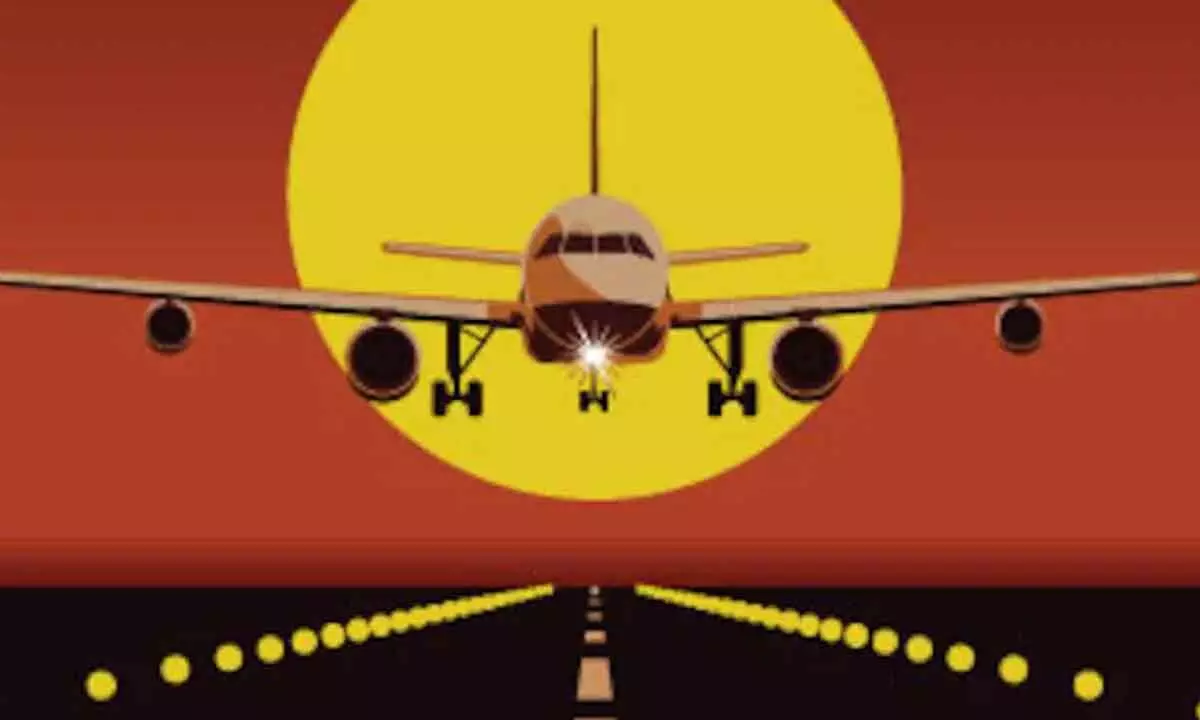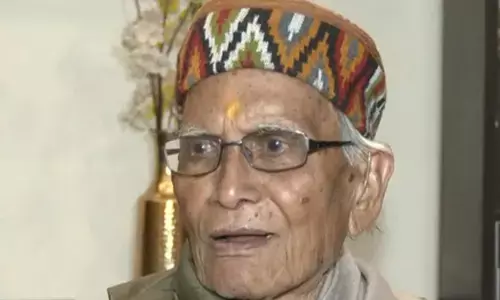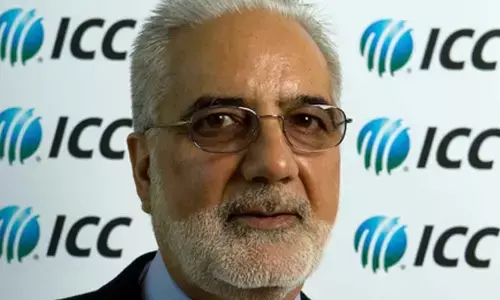Time for airlines to enhance customer service in big way

Nearly 80% airline customers feel that carriers are compromising on passenger comfort and cutting corners as a result of the pandemic
The aviation industry had come under acute stress during the pandemic but is now gradually rebounding back to normalcy. It is at a time when passenger volumes are rising and flight traffic rapidly expanding, that the results of a consumer-based survey show that air travellers are unhappy with the quality of services provided by domestic airlines. It reveals the increasing lack of satisfaction as passengers are getting back to some kind of normalcy after the pandemic but still seek greater comfort in terms of higher hygiene and sanitation levels on flights.
The survey carried out by Bloomberg on 15,000 airline passengers has found that nearly 80 per cent of them felt carriers were compromising on passenger comfort and cutting corners as a result of the pandemic. They are apparently unhappy over what is described as deteriorating services and bad behaviour of airline staff. There is also a feeling that the decline in performance has occurred only after the Covid crisis.
The survey which covered all airlines, found that 28 per cent of the people in the survey were dissatisfied with Spicejet putting it on top of the list. This was followed by IndiGo and Air India in second and third positions, respectively.
The survey's finding also come just after the Directorate General of Civil Aviation (DGCA) has fined Indigo for not allowing a differently-abled child to board a flight. In fact, the problems of the differently-abled seeking to travel by air seem to have grown rather than reduced over the years. The problem has been taking place in many airlines where there seems to be utter lack of sensitivity to those who are wheelchair bound or have other kinds of disabilities. The issue is not confined just to airlines but to airport security staff where even personnel of central security agencies have been reported to be insensitive in dealing with such persons.
This is an issue which needs to be dealt with by specialised training given to both airport and airlines personnel who will have to increasingly deal with differently-abled persons seeking to travel by air.
As for the deterioration in services, possible reasons could be staff shortages as there had been downsizing owing to the stoppage of airline travel during the pandemic. A sudden increase in passenger volumes may have led to overworked employees and thereby decline in quality of service to passengers. At the same time, the expectations of air travellers have also changed after Covid with serious concerns over hygiene and sanitation. This is an extra workload for airline employees. At the same time, airlines must try and ensure that high quality of normal customer service is provided by giving extra support to employees who have a heavy work load.
These are clearly teething problems as the aviation industry is coming back to normal operations after the Covid crisis. Even now, total passenger traffic is only about 40 per cent of pre-Covid levels according to data from the Airports Authority of India (AAI). Not only have the number of employees been cut down, airlines themselves have been transformed in many ways. Air India, for instance, has been sold off by the government to the Tatas and the airline is now being gradually restructured in line with private sector operations. In this process, however, there have already been some glitches such as the video of a passenger fainting when she was denied boarding on a flight.
Airlines are also facing the pressures of high fuel prices. Fuel now comprises as much as 30 to 40 per cent of total costs as compared to 25 per cent earlier. The increase in fuel prices could lead to a spike in air fares which are already higher than in the past. Data shows that domestic air fares have already risen by 30 to 50 per cent depending on the routes, over the period from January to May this year. Similarly international fares to western countries have risen by about 40 to 50 per cent. Fears are already being expressed that passenger traffic which has been rising gradually over the past few months could take a dip in case fares continue their upward trend.
Arguments are rightly now being made in favour of eliminating the price bands that were introduced by the Civil Aviation Ministry during Covid times to ensure a moderation in air fares. It also provided a floor price as a support for airlines facing tough times. The fact is tariff deregulation is certainly required in the long run. With higher passenger load factors now - ranging from 77 to 87 per cent - it is clearly time to shift from the price band scheme. It will also enable airlines to use pricing as a competitive factor in luring more traffic.
The airline industry is clearly on the upswing right now. The market leader is Indigo with a 40 per cent market share but it will now have to face competition from a revamped Air India as well as the new avatar of Jet Airways. In this context, providing customer satisfaction is of the utmost importance. With rising air fares and changing expectations post-Covid, it is clear that all airlines will have to up their games. The solutions can be both better training and enhancing manpower in certain segments. Air India is reported to have begun new hires while offering voluntary retirement packages to its existing employees. Other airlines will also have to improve the level of services as travellers are coming back to airlines in droves for both business and leisure travel. It is time for domestic carriers to reap the benefits of higher traffic by providing better customer care.














